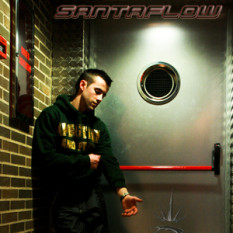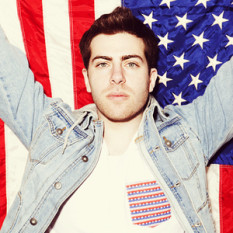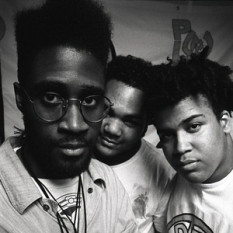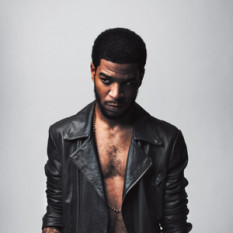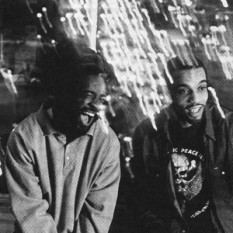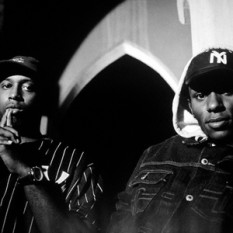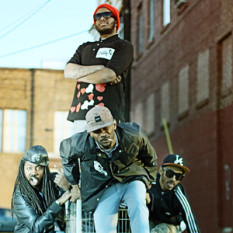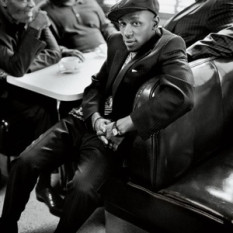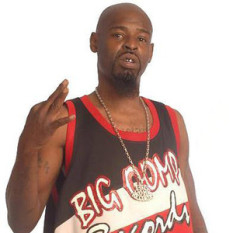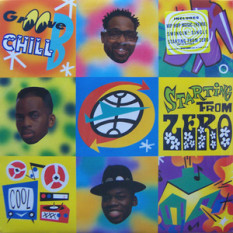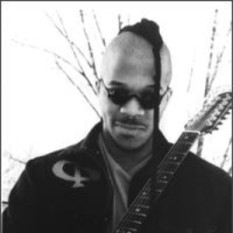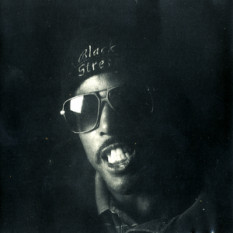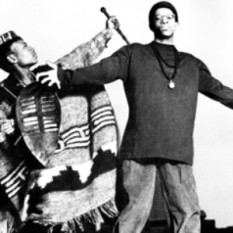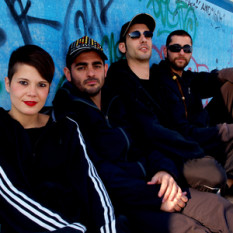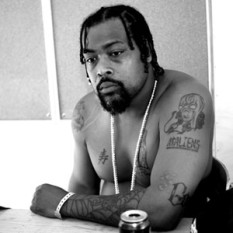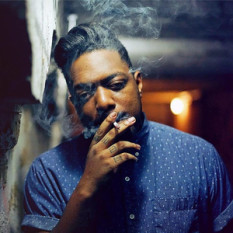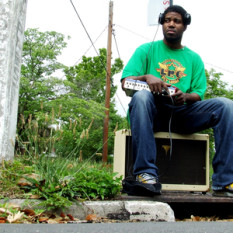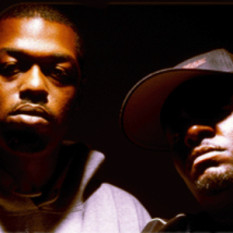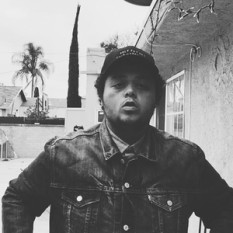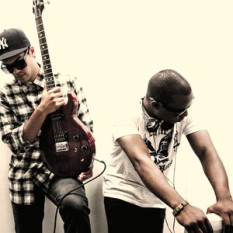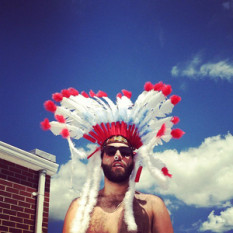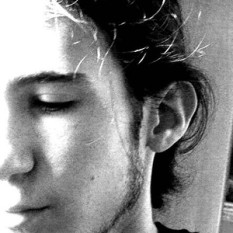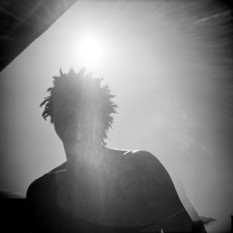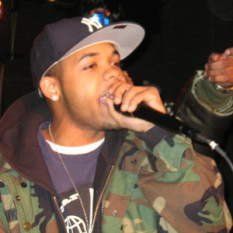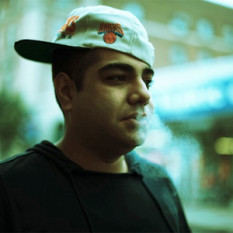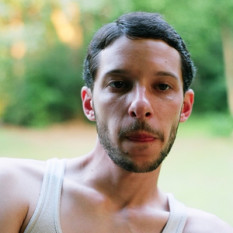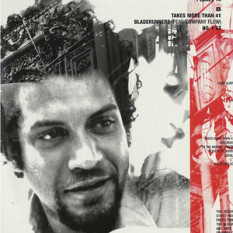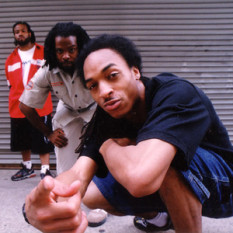Alternative Rap refers to Hip-Hop groups that refuse to conform to any of the traditional stereotypes of rap, such as gangsta, bass, hardcore, and party rap. Instead, they blur genres - drawing equally from funk and pop/rock, as well as jazz, soul, reggae, and even folk. It may sample music from other sources such as rock and roll, have frequent use of guitars or other live instruments, or incorporate blues or jazz.
Originating in the late-80s, in midst of the Golden age of hip hop, alternative hip hop was headed primarily by East Coast groups such as De La Soul, Jungle Brothers, A Tribe Called Quest, and Digable Planets in subsidiary conjunction by West Coast acts such as The Pharcyde, Digital Underground, and Jurassic 5 as well as certain Southern acts such as Goodie Mob and OutKast. Similar to the alternative rock movement, alternative hip hop initially began to segue into the mainstream at the dawn of the 1990s. The classic debut albums 3 Feet High and Rising, People's Instinctive Travels and the Paths of Rhythm, and Bizarre Ride II the Pharcyde achieved minor commercial success as they garnered immense acclaim from music critics, who described the records as managing to be both ambitiously innovative but playful masterpieces, hailing the artists as the future of hip hop music as a whole.
However, a resurgence came about in the late 1990s-early 2000s with the rejuvenated interest in indie music by the general public. Arrested Development, along with The Fugees, stand as the some of the first few alternative rap groups to be recognized by mainstream audiences.[1] Rodrick cites Arrested Development, Basehead, and The Disposable Heroes of Hiphoprisy as examples of such "alternative" hip-hop.[10] Since the mid 90's, indie labels such as Rawkus Records, Rhymesayers, Stones Throw and Definitive Jux have experienced lesser mainstream success with alternative rap acts such as MF DOOM, Atmosphere, Black Star, Pharoahe Monch, and Aesop Rock. It was in the 2000s that alternative hip hop finally secured a place within the mainstream, due in part to the declining commercial viability of gangsta rap as well as the crossover success of artists such as OutKast, Kanye West, and Gnarls Barkley.[11] Not only did OutKast's Speakerboxxx/The Love Below receive universal acclaim from music critics and manage to appeal listeners of all ages spanning numerous musical genres–including rap, rock, R&B, punk, jazz, indie, country, pop, electronica and gospel–but also spawned two number-one hit singles and has been certified diamond by selling 11 times platinum by the RIAA for shipping more than 11 million units, becoming the best selling rap album of all time.[12] Industry observers view the sales race between Kanye West's Graduation and 50 Cent's Curtis as a turning point for hip hop. West emerged the victor, selling nearly a million copies in the first week alone, proving that innovative rap music could be just as commercially viable as gangsta rap, if not more so.[13] Although he designed it as a melancholic pop rather than rap, Kanye's following 808s & Heartbreak would have a significant effect on hip hop music. While his decision to sing about love, loneliness, and heartache for the entirety of the album was at first heavily criticized by music audiences and the album predicted to be a flop, its subsequent critical acclaim and commercial success encouraged other mainstream rappers to take greater creative risks with their music.[14][15] During the release of The Blueprint 3, New York rap mogul Jay-Z revealed that next studio album would be a an experimental effort, stating, "... it's not gonna be a #1 album. That's where I'm at right now. I wanna make the most experimental album I ever made."[16] Jay-Z elaborated that like Kanye, he was unsatisfied with contemporary hip hop, was being inspired by indie-rockers like Grizzly Bear and asserted his belief that the indie rock movement would play an important role in the continued evolution of hip-hop.[17] The alternative hip hop movement is not limited solely to the United States, as genre-defying rappers such as Somalian poet K'naan, Japanese rapper Shing02, and especially Sri Lankan artist M.I.A. have achieved considerable worldwide recognition. In 2009, TIME magazine placed M.I.A in the Time 100 list of "World's Most Influential people" for having "global influence across many genres."[18][19] Today, due in part to the increasing use of music distribution through the internet, many alternative rap artists are able to find acceptance by far-reaching audiences. Several burgeoning artists such as Kid Cudi and Drake have managed to attain record-breaking, chart-topping hit songs, "Day 'n' Night" and "Successful" respectively, which they both released on free online mixtapes without the help of a major record label. The pair, along with other new artists such as Wale, Asher Roth, The Cool Kids, and B.o.B, openly acknowledge being directly influenced by their '90s alt-rap predecessors in addition to alt-rock groups while their music has been noted by critics as expressing eclectic sounds, life experiences and emotions rarely seen in mainstream hip hop. .

